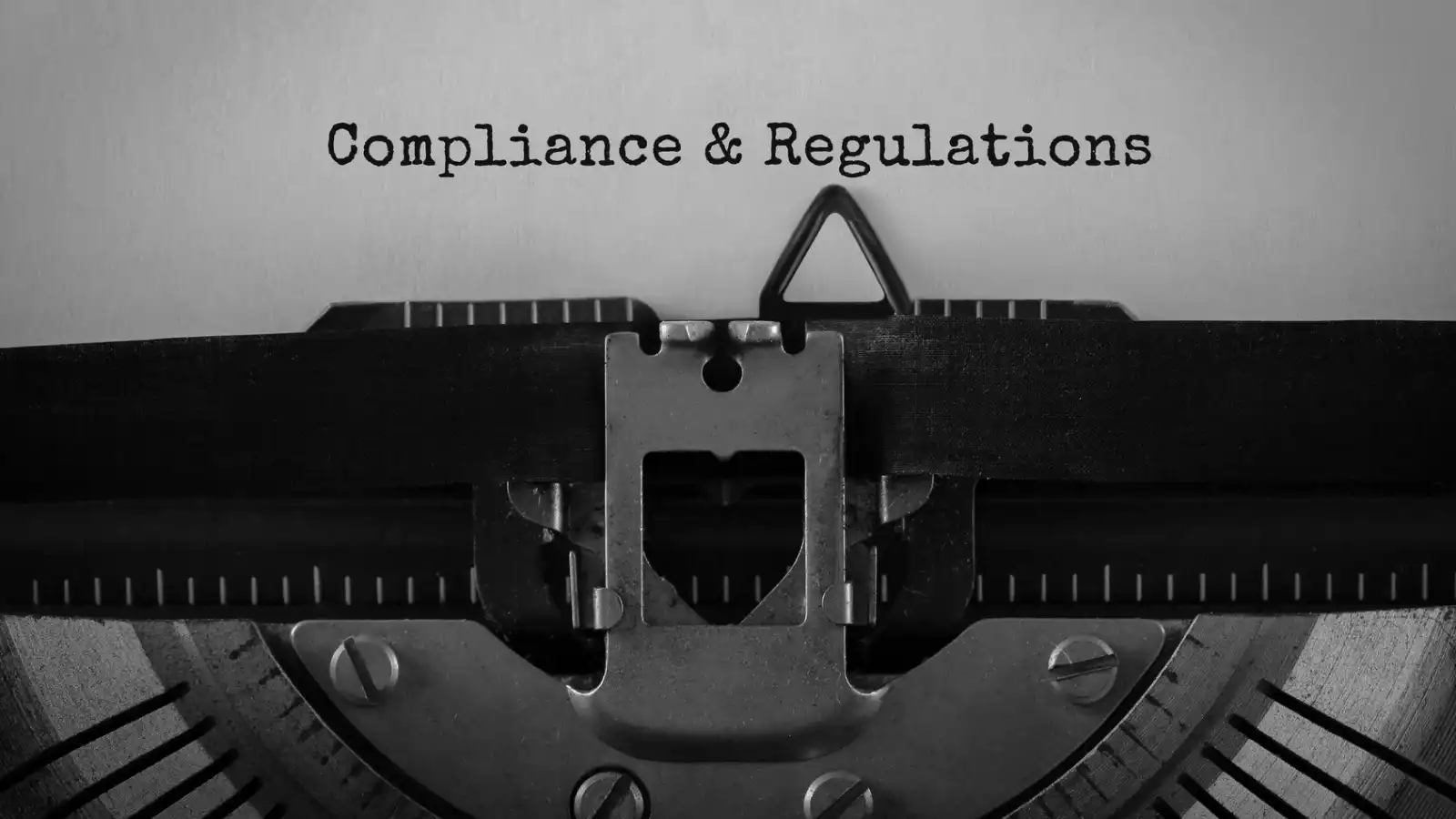Parental leave is a hot topic in the United States. As many families juggle full-time work with raising families, tensions over the lack of required leave in the workplace continue to grow.
The United States is the only developed country that doesn’t require paid parental leave. Currently, the Family Medical Leave Act (FMLA) is the only federal law guaranteeing unpaid parental leave in the U.S.—and it applies to only some employees. FMLA requires companies with more than 50 employees to provide 12 weeks of unpaid leave for new parents (both mothers and fathers).
Massachusetts Parental Leave: A Background
For those of you investigating maternity leave in Massachusetts, however, there is a bright spot: The Commonwealth of Massachusetts has among the best maternity leave laws in the United States.
In April 2015, what was previously known as the Massachusetts Maternity Leave Act (MMLA) was replaced with the Parental Leave Act (PLA) in an effort to be more inclusive. (While the terms ”maternity leave” or “paternity leave” are both commonly used, in this article we’ll be referring to all types of leave as “parental leave” because leave benefits are gender nonspecific.)
In 2018, Massachusetts signed into law a statute that provides paid family and medical leave (PFML) benefits to workers. The PFML law took effect as of January 2021, and applies to employees, covered individuals, and self-employed persons. (You can read the full text of the legislative statute here.)
- Bonding with a child or newborn
- Service member-related events
- Dealing with a personal serious health condition
- Caring for a family member with a serious health condition (benefits for this scenario take effect in July 2021)
This new PFML Massachusetts law is available for both maternity and paternity leave, and replaces the former Massachusetts PLA that provided eight weeks unpaid parental leave to employees. In limited circumstances, PLA still applies; however, PFML is the overriding protection because it offers both job protection and benefit payment/income replacement.
Employer Best Practices For Paternity & Maternity Leave In Massachusetts
In our partner article on paternity leave in Massachusetts, we outlined four actions employers should take to proactively plan for parental leave. The bullet points below summarize the best practices, but we suggest you read them in their entirety here.
- Have a parental leave policy in place before it becomes needed.
- Don’t make individual arrangements for employees’ paternity leaves.
- Employers with maternity and paternity leave policies (parental leave policies) should require advance notice of leave.
- Try to avoid concurrent leaves.
- Ensure you have posted the required signage informing employees of their rights under the Massachusetts PFML.
What Employers Need To Know About Massachusetts-Specific Parental Leave & Contributions
Businesses that employ one or more individuals are subject to the PFML law and must submit contributions on behalf of workers and covered individuals.
Businesses with fewer than 25 employees or covered individuals must submit contributions on behalf of their workers to cover the portion of PFML contribution due from employees and covered individuals. These businesses are not required to pay the employer portion of the contributions for family and medical leave.
- The contribution rate is 0.63% on the first $128,400 of an individual’s annual earnings. Employers are responsible for remitting the full contribution to the department but may deduct from an employee’s wages to cover the employee’s share.
- Businesses that issue 1099s for more than 50% of their workforce must remit contributions for their 1099 workers (“covered individuals”) as well as their employees. If your business has 25 or more workers in total, you must pay the employer share of the contribution for family and medical leave for both employees and covered individuals.
How long is maternity leave in Massachusetts?
The bottom line: Massachusetts PFML offers 12 weeks to bond with a child, regardless of parents’ gender. The medical portion of parental leave is determined by a doctor. The bonding portion of the leave is 12 weeks, but combined with the medical portion may be up to 20.
Resources For Parental Leave In Massachusetts
- For FAQs regarding the new Massachusetts maternity leave law, click here.
- Employer compliance must-do’s for every small business
- Drafting a Parental Leave Policy that Won’t Get You Sued (SHRM)
- Phased Parental Leave Enhances Family Benefits (SHRM)
Navigate & Manage Employee Leave With GenesisHR
Even though such benefits can be costly for employers, Massachusetts maternity leave laws tend to enhance employee satisfaction—an outcome that’s also good for your business. But the Massachusetts PFML continues to change and evolve, making it difficult for employers to manage and implement leave laws correctly. And to make matters even more serious, PFML has a presumption of retaliation: If an employer terminates an employee within six months of taking advantage of PFML, the state can presume you’re retaliating against the employee, which puts you at a greater risk for litigation and lawsuits.
Navigating all types of employee leaves is tricky. It’s a huge benefit to you to have a partner with expertise in the intricacies of these laws and regulations. As your PEO, GenesisHR not only has expertise in the ever-changing field of parental leave, but we’re also pros in every other area of HR, including benefits, payroll, and more.
We remove the burden of complex, time-consuming HR tasks, and give you back the time you need to run your company.
Interested in learning more? Set up a discovery call today to see how we can benefit you as a partner.




